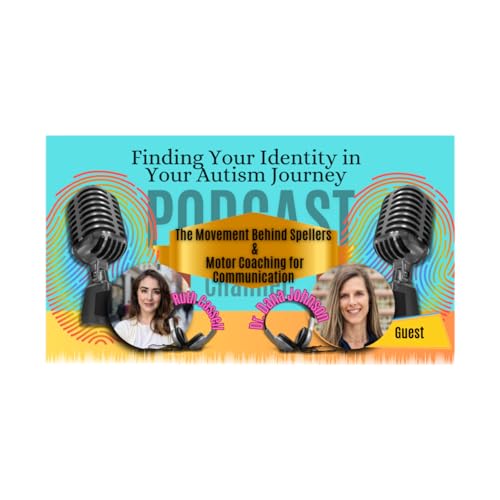Summary
In this roundtable discussion, single mothers share their experiences navigating the challenges of raising children with autism. They explore the emotional and logistical hurdles they face, the importance of community support, and strategies for self-care. The conversation emphasizes the need for patience, understanding, and the value of building a supportive network among parents in similar situations.
Takeaways
The journey of parenting a child with autism is filled with unique challenges.
Single mothers often bear the mental and physical load of parenting alone.
Community support is crucial for single parents navigating autism.
Logistical challenges can be overwhelming, especially with multiple children.
Finding the right resources and support systems can make a significant difference.
Self-care is essential for parents to avoid burnout.
Patience and faith in your child's abilities are vital for their growth.
Embracing the journey, with all its ups and downs, is important.
Building a village of support can alleviate feelings of isolation.
It's okay to seek help and take breaks when needed.
Sound Bites
"We're not here to be perfect."
"It's hard being a mom."
"Embrace it all."
Chapters
00:00 Introduction to the Autism Journey
02:24 Challenges of Single Parenting with Autism
06:26 Logistical Hurdles in Daily Life
10:16 Finding Support and Community
20:14 Building a Village for Support
29:18 Building a Supportive Community
32:53 Managing Burnout and Self-Care
34:57 Establishing Boundaries for Balance
39:17 Navigating Special Needs Support
47:02 The Importance of Patience and Faith
52:29 Embracing the Journey TogetherSummary
In this roundtable discussion, single mothers share their experiences navigating the challenges of raising children with autism. They explore the emotional and logistical hurdles they face, the importance of community support, and strategies for self-care. The conversation emphasizes the need for patience, understanding, and the value of building a supportive network among parents in similar situations.
Takeaways
The journey of parenting a child with autism is filled with unique challenges.
Single mothers often bear the mental and physical load of parenting alone.
Community support is crucial for single parents navigating autism.
Logistical challenges can be overwhelming, especially with multiple children.
Finding the right resources and support systems can make a significant difference.
Self-care is essential for parents to avoid burnout.
Patience and faith in your child's abilities are vital for their growth.
Embracing the journey, with all its ups and downs, is important.
Building a village of support can alleviate feelings of isolation.
It's okay to seek help and take breaks when needed.
Sound Bites
"We're not here to be perfect."
"It's hard being a mom."
"Embrace it all."
Chapters
00:00 Introduction to the Autism Journey
02:24 Challenges of Single Parenting with Autism
06:26 Logistical Hurdles in Daily Life
10:16 Finding Support and Community
20:14 Building a Village for Support
29:18 Building a Supportive Community
32:53 Managing Burnout and Self-Care
34:57 Establishing Boundaries for Balance
39:17 Navigating Special Needs Support
47:02 The Importance of Patience and Faith
52:29 Embracing the Journey Together
 1 h y 7 m
1 h y 7 m 50 m
50 m 1 h y 22 m
1 h y 22 m 31 m
31 m 1 h y 11 m
1 h y 11 m 1 h y 12 m
1 h y 12 m 53 m
53 m 57 m
57 m
